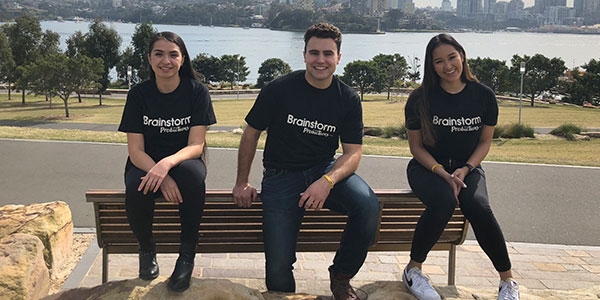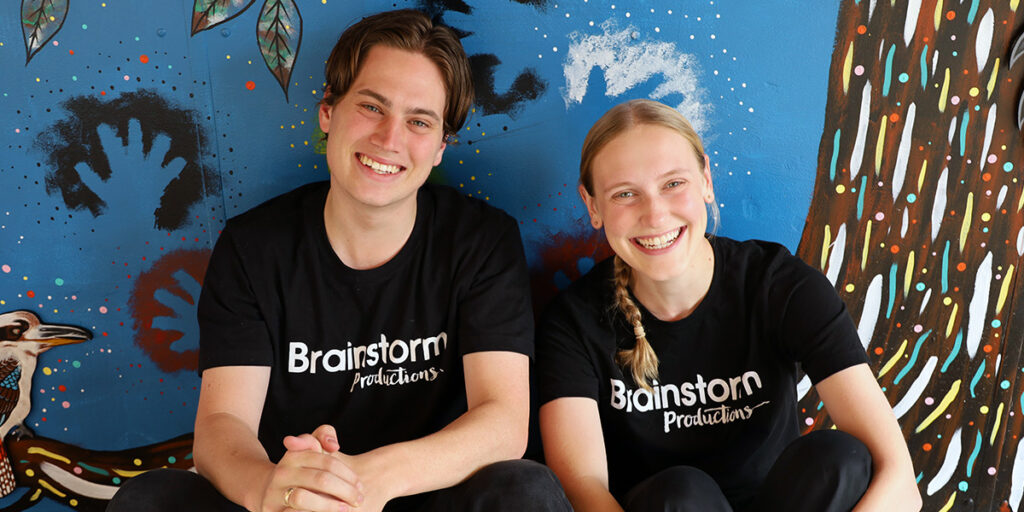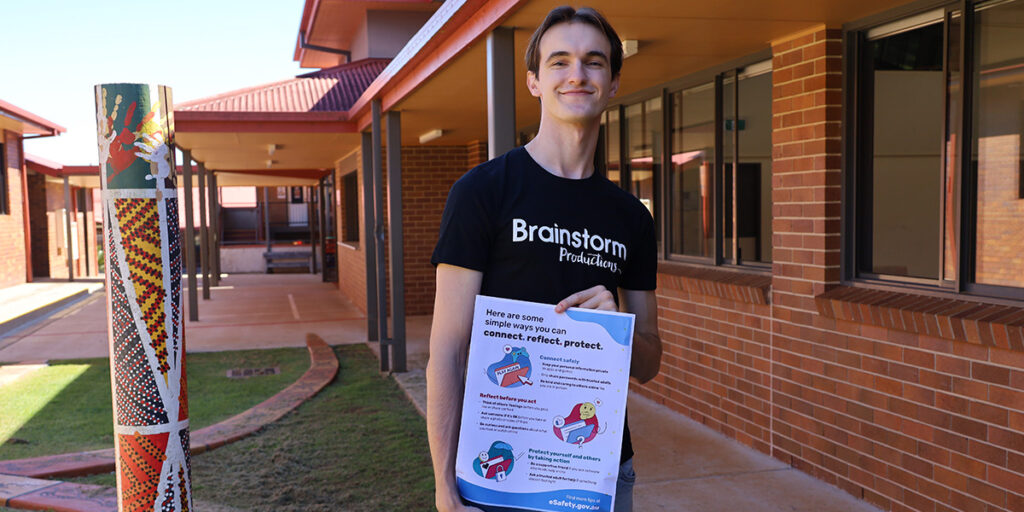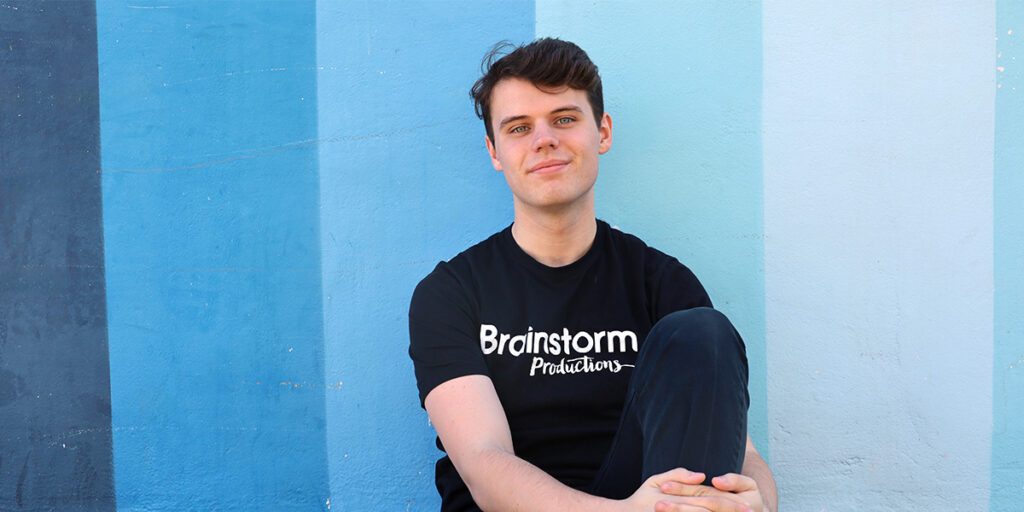1 in 5 Australians are affected by mental ill-health, but many do not seek help due to stigma.
October is Mental Health Month, an awareness month that encourages us to think about our mental health and wellbeing, break down the stigma around mental ill-health and increase help-seeking behaviours in our communities.
Mental Health Month 2019
Here are five ways you can get involved and break down the stigma during mental health month.
1. Make a mental health promise
Mental Health Month coincides with World Mental Health Day, which is held on the 10th of October each year. The Mental Health Day campaign in Australia is run by Mental Health Australia, and is focused on challenging negative perceptions around mental illness and encouraging people to take a more positive view mental health. Australians are encouraged to make a #MentalHealthPromise and make a commitment, no matter how small, to taking action to improve the experience of people living with mental health conditions in our community.
2. Check out some art
If you’re in Sydney, head along to The Big Anxiety Festival. The Big Anxiety is an International arts festival that brings together artists, scientists and communities to question and reimagine the current state of mental health. With events across Sydney throughout October, The Big Anxiety is designed to open up conversations and promote curiosity, awareness and action around mental health. The festival is an initiative of the University of New South Wales (UNSW), in association with The Black Dog Institute and other community, health and arts organisations.
3. Shine a light on workplace mental health
Sometimes our mental health can impact on our work and workplace stress can affect the rest of our lives. Check out some of the great programs for creating mentally healthy workplaces, such as Sane Australia’s workplace mental health resources or consider training your staff in Mental Health First Aid. Headspace offers tips to help young people talk about their mental health in the workplace and R U OK? has resources for offering social support to your colleagues at work. If you’re a musician, actor, dancer or performer, the Arts Wellbeing Collective has great resources for promoting positive mental health in the Australian performing arts sector.
4. Support youth mental health
Wednesday 9th of October is Headspace Day, a national day of support for the mental health and wellbeing of all young Australians. Find out what’s happening at your local headspace centre to get involved and show your support.
5. Ask someone “R U OK?”
If you’ve got a feeling that someone you know or care about is struggling, trust your gut instinct and start a conversation. By initiating meaningful conversations about mental health we can actively reduce stigma and help people who are struggling to seek help. Even if the person does not need professional help, the gesture will let them know you care. Go to the R U OK? website for more information on how to ask a question that could change a life.
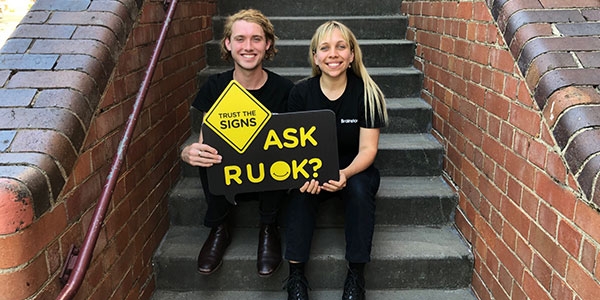
Each small action can help towards building more supportive and mentally healthy communities.
For more ideas on how to get involved in Mental Awareness Health Month, check out The Black Dog Institute’s 10 ways to take action.
Addressing mental health in schools
It’s great to see so many schools prioritising the mental and emotional wellbeing of their students. Student wellbeing teams, school counsellors, psychologists and social workers are becoming more visible in schools and are making professional support more accessible for students.
Many schools are implementing mental health programs that focus on outcomes such as increasing help-seeking, reducing stigma, enhancing a sense of purpose and belonging, building on existing strengths and values, and developing skills, such as communication, self-awareness, self-regulation and mindfulness. Beyond Blue, for example, offers a range of mental health programs for high schools and primary schools.
Cultivating supportive school cultures
It’s encouraging to see that mental health programs are also taking a community approach to mental health, with a focus not just on looking after our own mental health, but also on supporting others.
Organisations like R U OK? are helping to start important conversations in schools with more awareness-raising resources for schools and free classroom toolkits. The aim is to help students develop skills for supporting those around them, such as noticing the signs that someone needs support, having the confidence to start a conversation, developing listening skills, understanding the importance of telling an adult, and knowing how and where to access help.
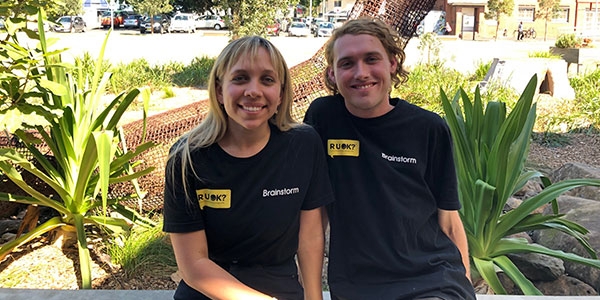
The R U OK? education resources also include a video we produced with R U OK?, to help secondary students start a conversation with a schoolmate they are worried about. Youth Beyond Blue’s ‘check in App’ is also available to help students support someone they know is is struggling with mental health.
It is likely that these messages of kindness and peer support will also help to reduce bullying and cyber bullying, empowering students to be positive bystanders and take a stand against harassment, hate and abuse at school and online. Check out our stop bullying articles for more information about creating a supportive school culture.
How theatre in education can help
We understand that addressing and improving the mental health of school students is a big task for educators. We also know that in order to be effective, students need multiple exposures to the messages, and the messages need to come from different sources and using different learning styles.
At Brainstorm Productions, we offer schools something unique to enhance their existing mental health, resilience and student wellbeing programs. Our young actors can offer a fresh voice to the conversations that are already taking place in schools, with a live theatre production and a post-performance Q&A. Follow-up activities and discussion questions are then available for teachers to continue the conversations in the classroom. We also offer a range of performances so that the messages can be reinforced – each with a different storylines and characters, but with similar key messages and learning outcomes.
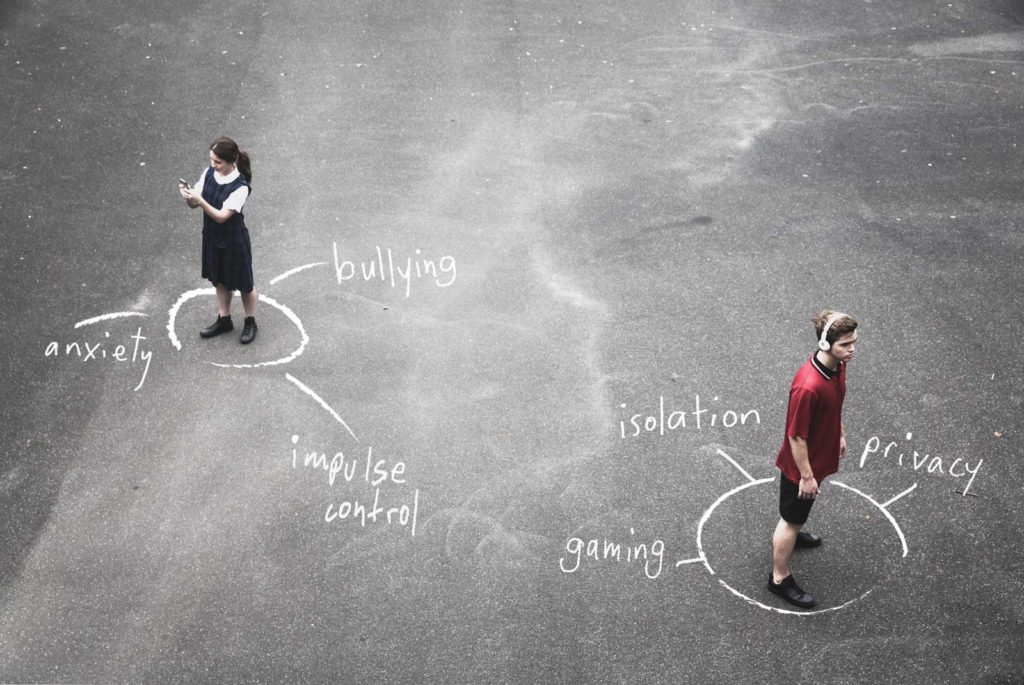
During Mental Health Month, on World Mental Health Day and throughout the school year, we will be working to spark important discussion around mental health in schools – reducing stigma, encouraging help-seeking and inspiring students to make positive changes in their lives.
Because we’re all in this together.
Click here for more information on Brainstorm’s primary school productions.
Click here for more information on Brainstorm’s high school productions.

